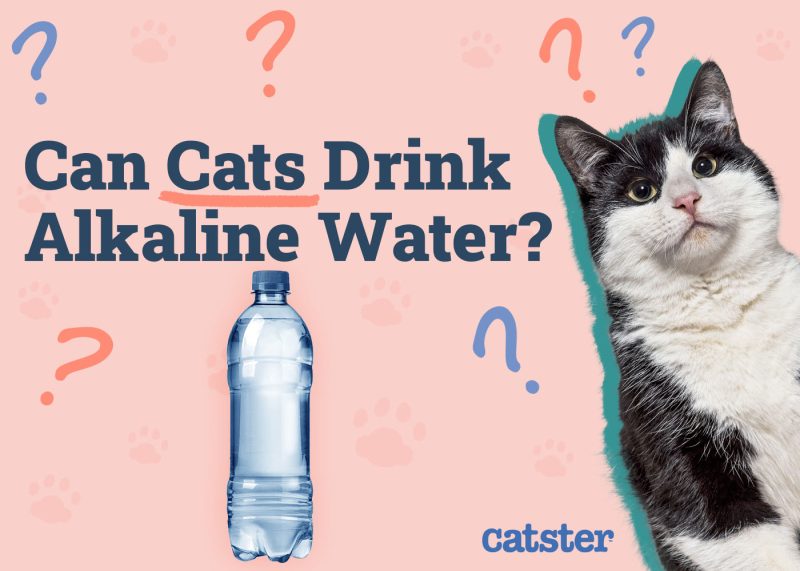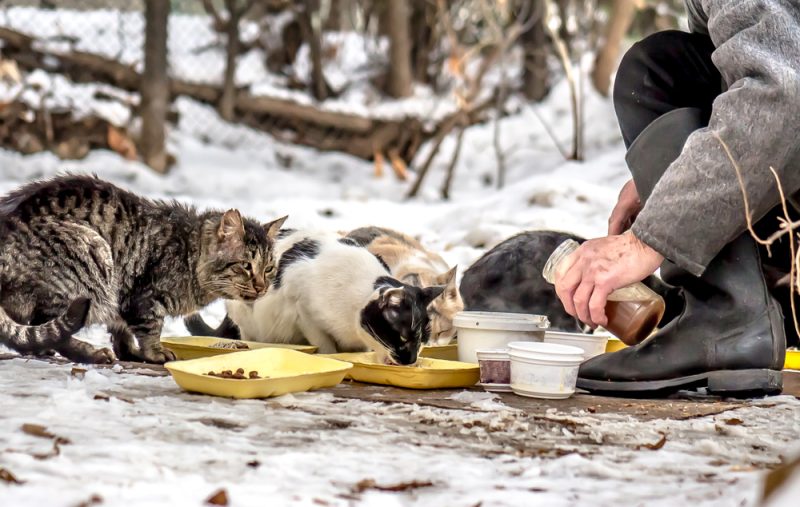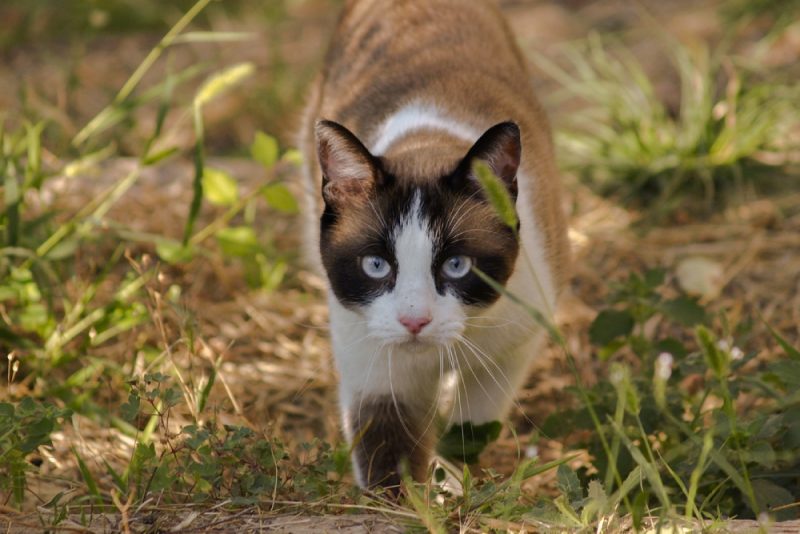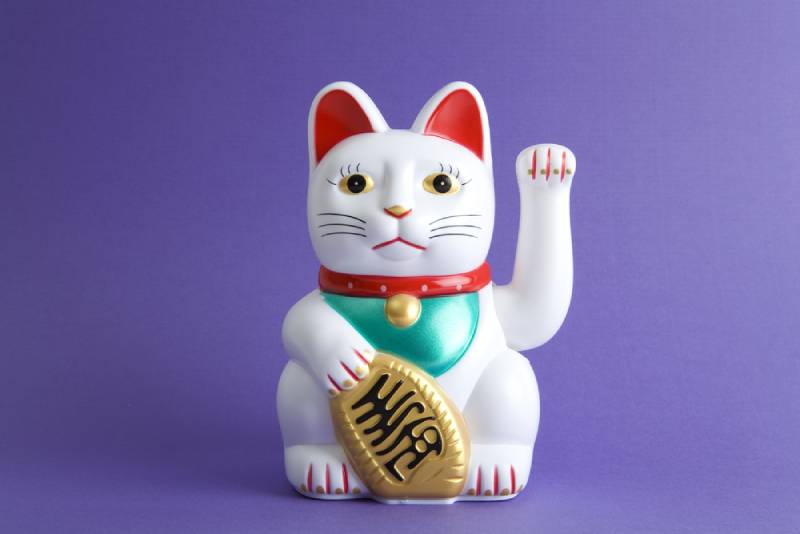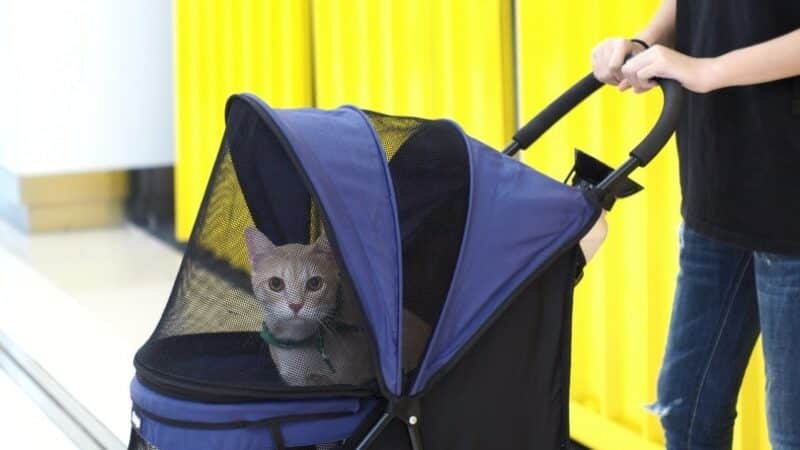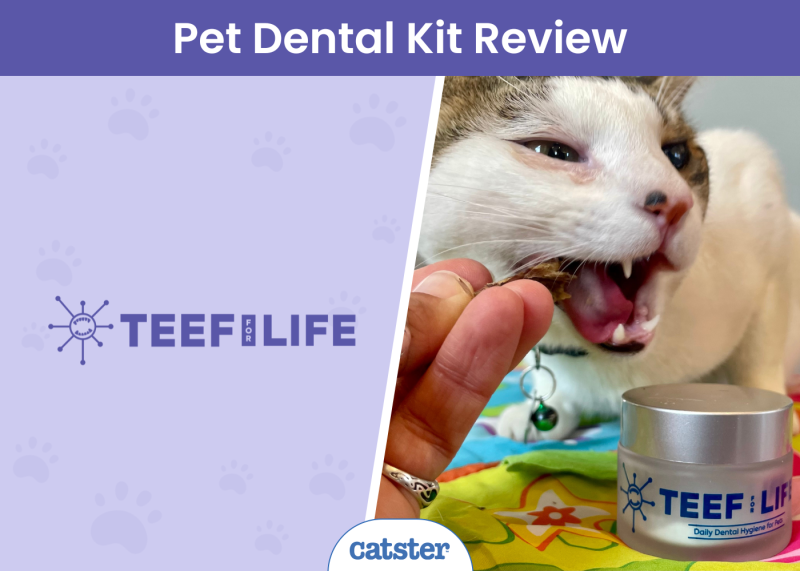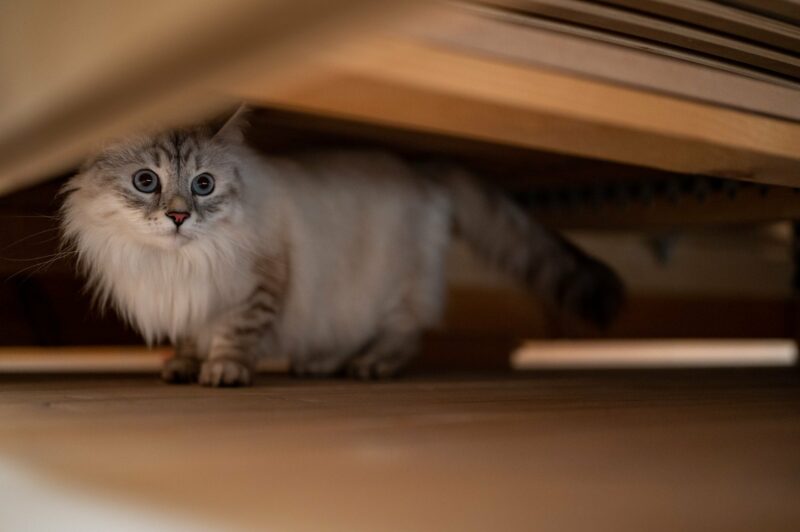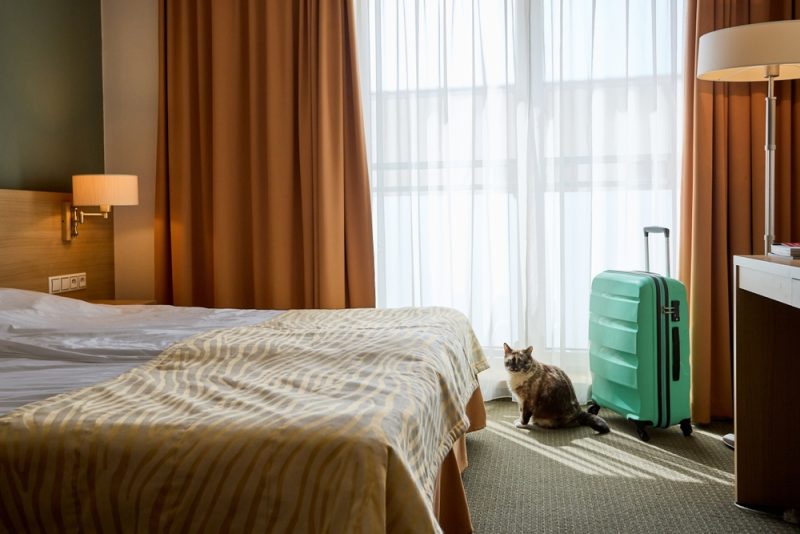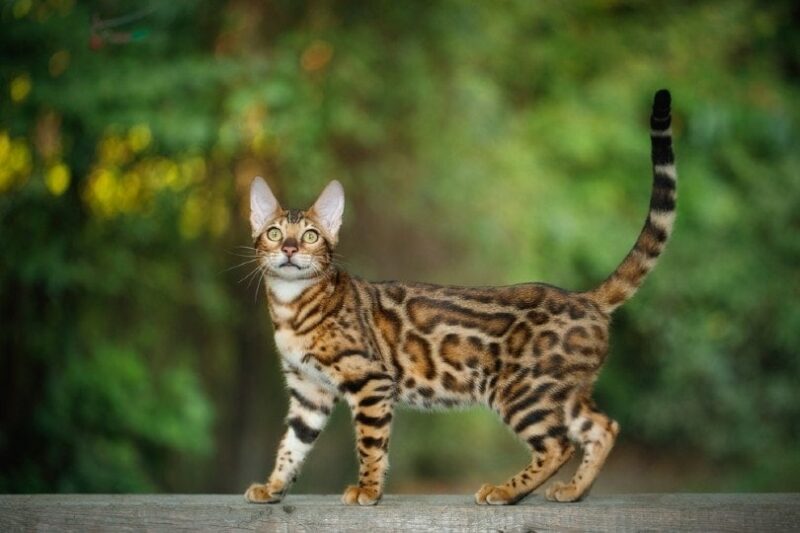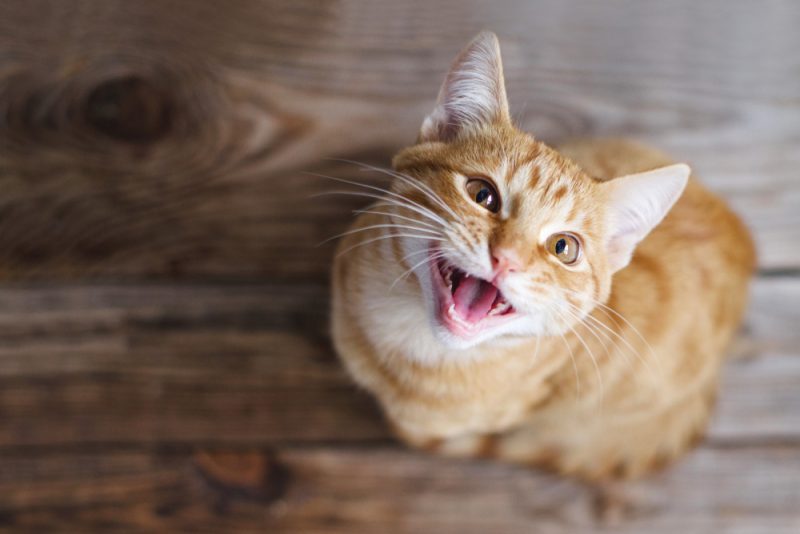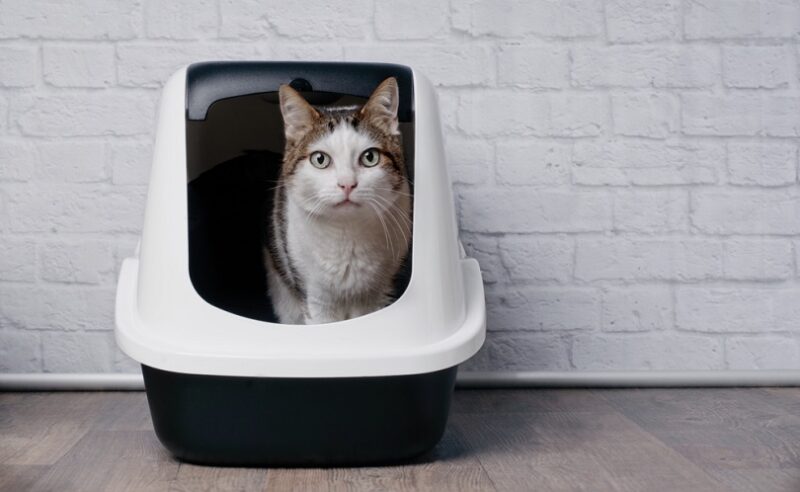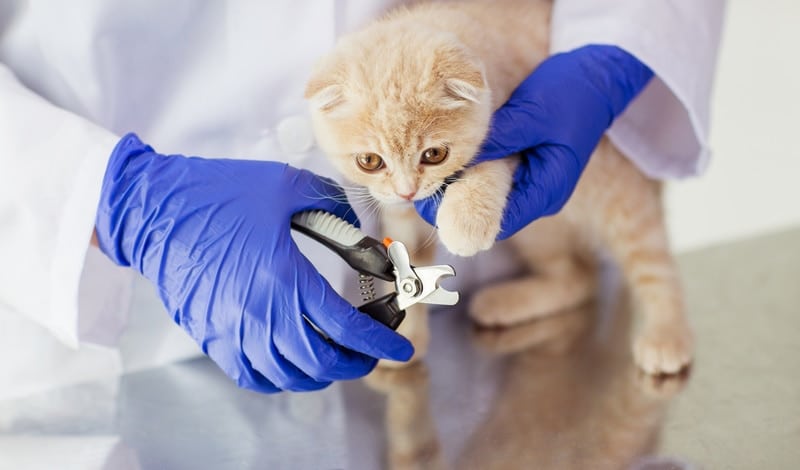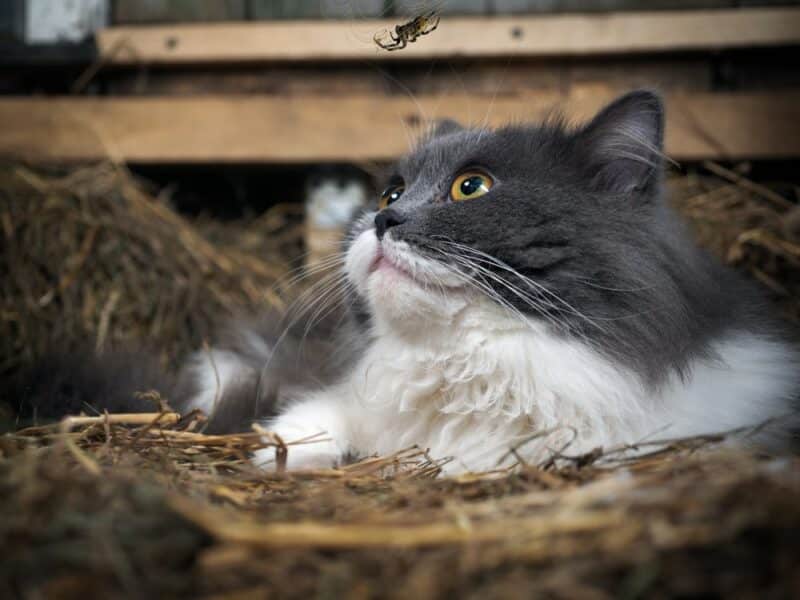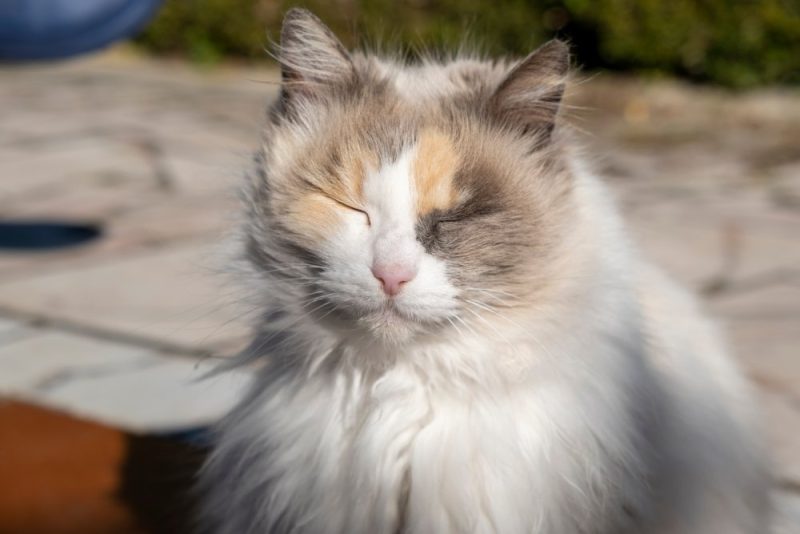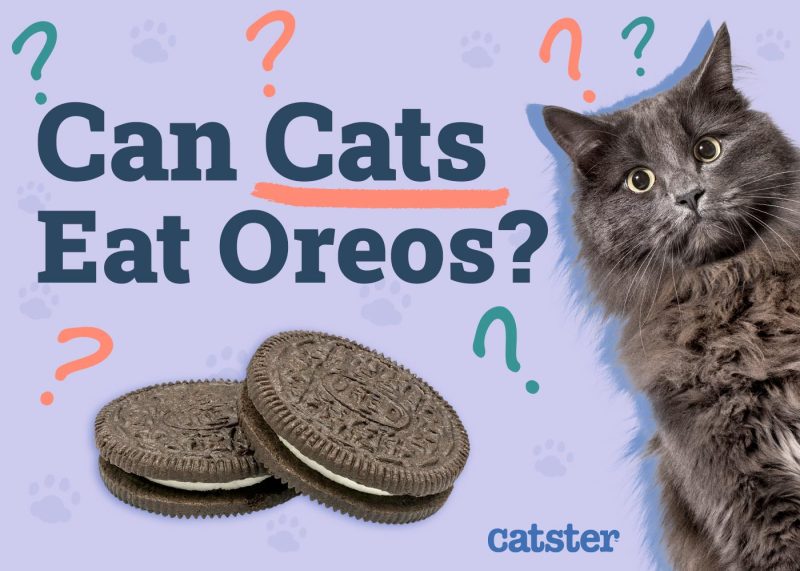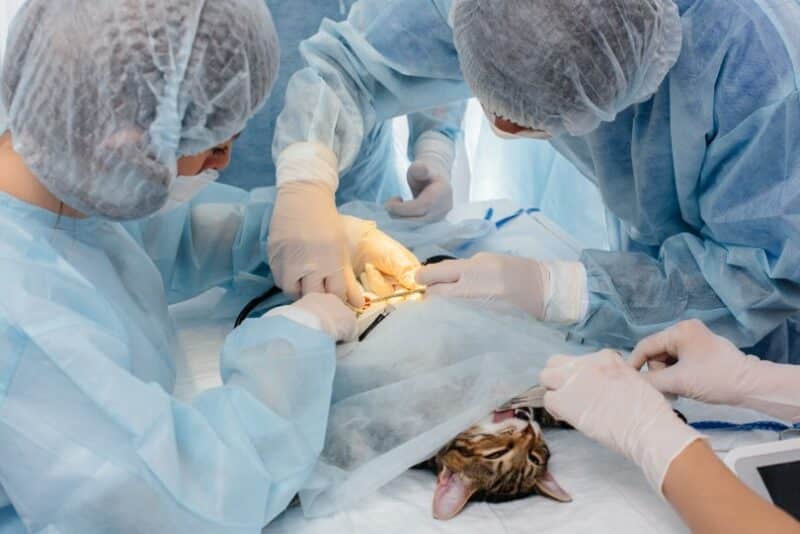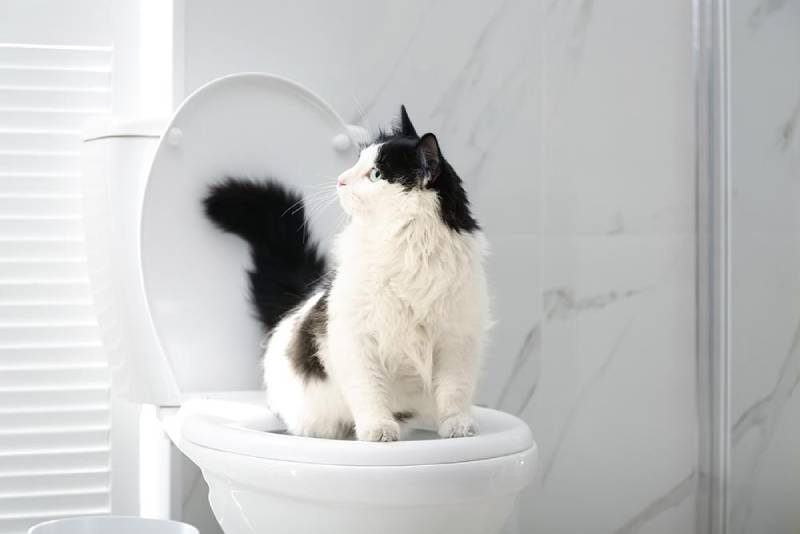While alkaline water may have some health benefits, it should not be provided to felines. Alkaline water can harm a cat’s digestive system, so it should be avoided after they have eaten. In some cases, too much alkaline water can interfere with digestion.
However, cats don’t usually consume enough alkaline water for serious problems to occur. Your cat would have to drink only alkaline water for adverse effects to appear.
In other words, a little bit of alkaline water isn’t going to hurt most cats. Instead, they would have to drink mostly alkaline water for it to matter much.
Generally, we recommend a natural source of water that has not been tampered with. Tap water usually works as long as your water is safe to drink. If you aren’t under a boil warning, your tap water is perfectly safe for your feline to drink.
You may want to install a filter if your cat has underlying problems that require extra clean water. However, the filter should preferably not alter the pH, which needs to stay in a normal range.

What pH of Water Should Cats Drink?
Since cats don’t need alkaline water, what pH water do they need?
Preferably, cats need water in the normal range, which is around 6.3. However, cats aren’t picky about the pH in many cases. As long as it is around a 6, they are fine.
In the real world, cats are likely drinking water that ranges in pH. Therefore, even if they drink more alkaline water, it should balance out with the other water that they’re drinking. The problem arises when they only drink alkaline water, which might occur if their owner only provides bottled, alkaline water.
In those cases, the pH of the water would not balance out over time, eventually leading to severe problems. Anything outside the normal range can upset your cat’s digestive system pH. When this occurs, it may affect your cat’s ability to digest food normally. They may also experience other digestive problems, like stomach upset.
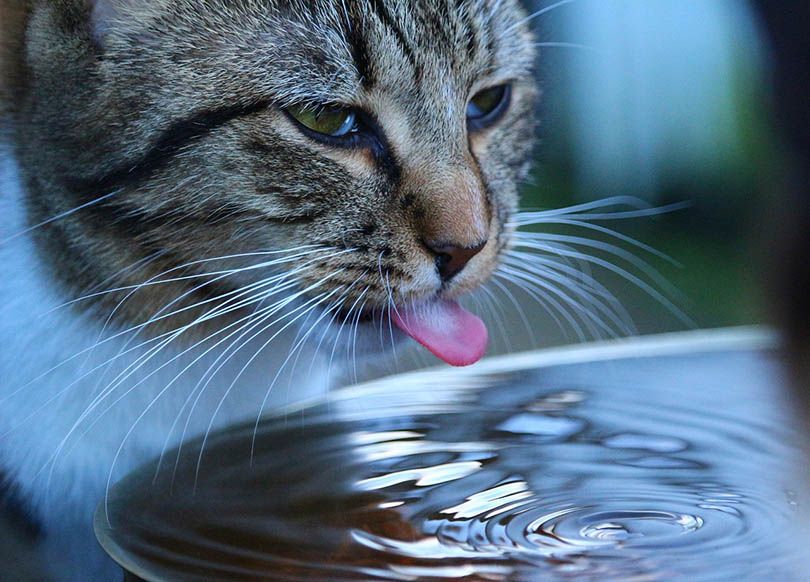
What Happens if a Cat Drinks Alkaline Water?
If your cat only drinks a small amount of alkaline water, the odds are that they won’t be affected. While their system will not be used to the alkaline water, a small portion won’t make much of a splash.
However, problems will occur if your cat drinks too much alkaline water. Your cat’s digestive fluids may be affected if consumed in high amounts. They could become less acidic thanks to the alkaline water, which may, in turn, affect their ability to break down food.
In the short term, this is likely to cause digestive issues. Your cat may experience stomach pain and diarrhea. But, over time, malnutrition will occur. Your feline will be unable to digest their food correctly, and they won’t get the necessary nutrients.
Furthermore, the second your cat sips alkaline water, their stomach acid will likely become less acidic. Therefore, the food they eat during this time may not digest properly. Luckily, as long as they don’t drink too much, the problem should fix itself as the stomach acid becomes acidic once more.
However, you mustn’t provide alkaline water when your feline is eating. Their meal may not be adequately digested if they drink too much. In some cases, cats may refuse to eat since doing so may upset their stomach after drinking alkaline water.
Of course, being unable to digest their food may also cause lethargy, further making your cat unable to eat. Ultimately, this may leave you with a tired cat that refuses food, which would call for a trip to the vet.
Therefore, while you should pay attention to your cat’s water needs, there is no reason to seek out water of a particular pH. Instead, you should provide your cat with water within the normal range.
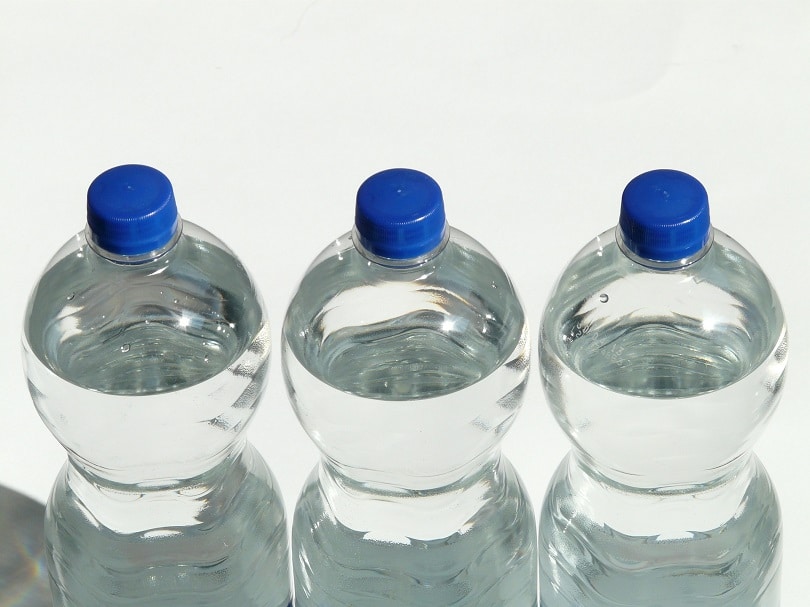

Is Tap Water Okay for Cats?
Your tap water is excellent for cats unless you live in an area with a boil water warning. It is a common misconception that bottled water is cleaner than tap water. As long as your home’s pipes are well cared for, the tap water you get from your faucet is probably the same as that from a bottle.
Tap water is often a bit healthier for your cat than bottled water, as it contains essential nutrients and minerals that not all bottled waters contain. While water usually contains these minerals in tiny amounts, they can be enough to cover any nutritional gaps your cat may be experiencing.
The CDC states that the United States tap water is extremely safe—one of the safest water systems in the world. All public water systems undergo regular testing and fall within the EPA’s safe range. Bottled water is held to the same standards. Therefore, while many companies may claim that bottled water is cleaner, it typically isn’t the case.
As long as the water is safe for you to drink, it is safe for your feline. In many cases, tap water is the best option for your cat since it doesn’t contain any pH differences and is as close to natural water as possible.
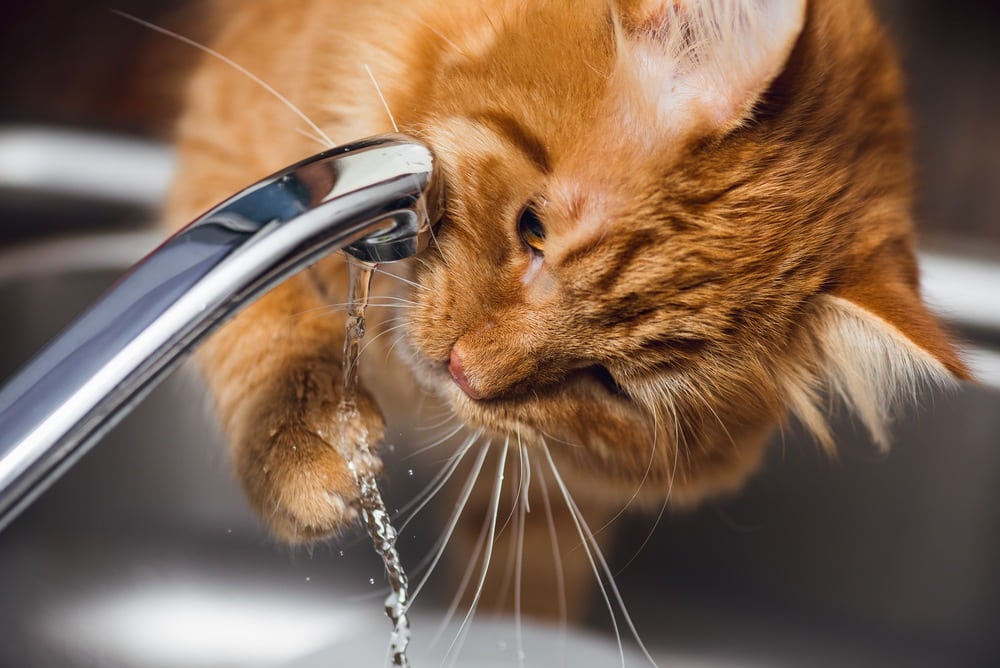
What Kind of Water Should Cats Drink?
Preferably, you want your cat’s water as clean as possible. Water with additives or alkaline water isn’t suitable. It may even cause health problems since it can affect the pH of your cat’s digestive system. We also do not know how added minerals and other ingredients may affect your feline.
Therefore, it is best to stick to filtered tap water when possible. You do not want to use distilled water since it is acidic and can cause stones.

Conclusion
While alkaline water may benefit people, you should avoid giving it to your feline regularly. Generally, water with too high of a pH can affect your cat’s digestive system and potentially raise the pH of their stomach acid, which can prevent them from digesting food.
Therefore, it is best to avoid alkaline water. Instead, your cat needs water at a pH of around 6, though slightly more plain water is fine. You want to give them water that has not had its pH changed for the most part.
Typically, tap water is excellent. It is the cheapest (and often the safest) option there is. As long as you can consume tap water, your feline can drink it.
Cats rarely need their water adjusted. However, if your cat has health problems, be sure to talk to a vet about their water. Sometimes, minerals in the water can affect cats with underlying problems. However, the pH is typically not something that vets recommend adjusting.
Need veterinary advice but can't get to the clinic? Catster recommends PangoVet, our online veterinary service. Talk to a vet online and get the answers and advice you need for your cat without having to leave your living room — all at an affordable price!
See Also:
Featured Image Credit: Food Impressions, Shutterstock
